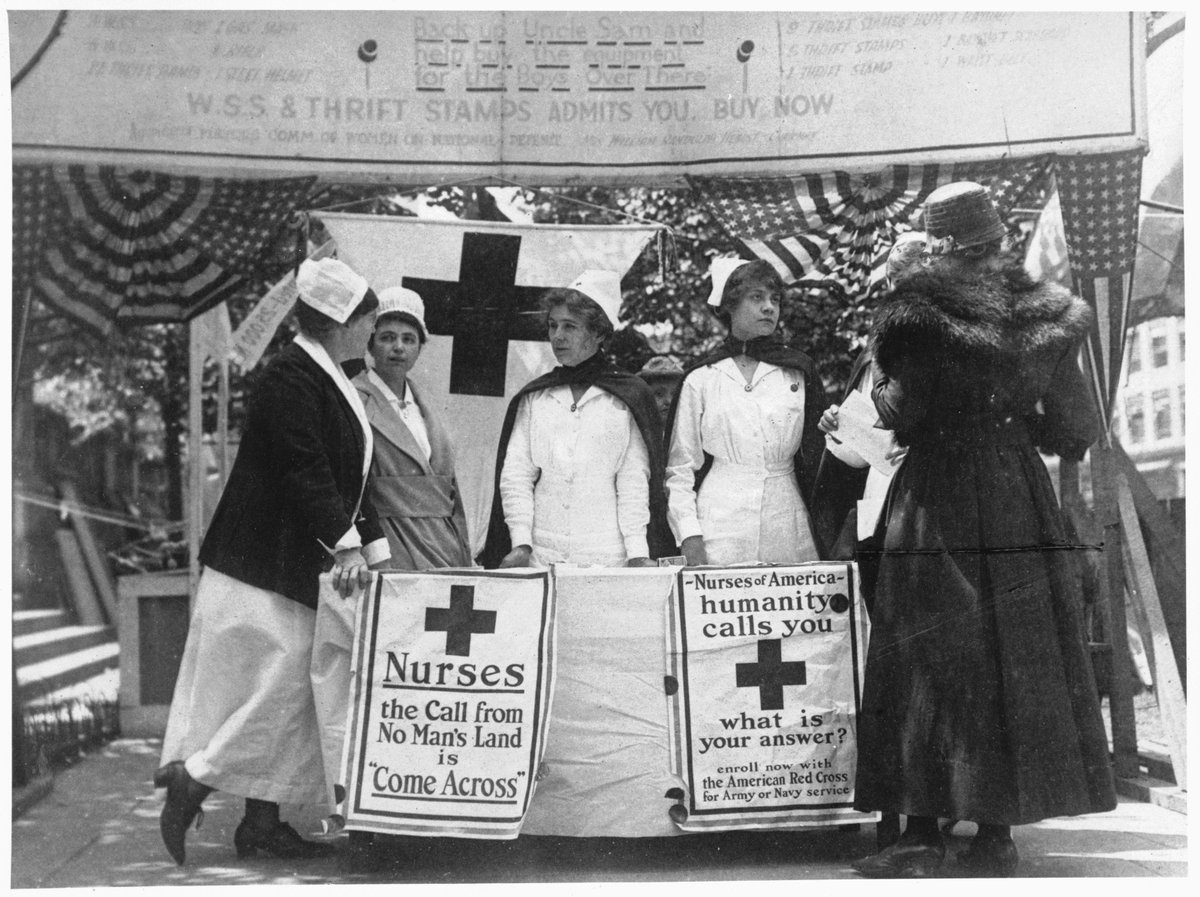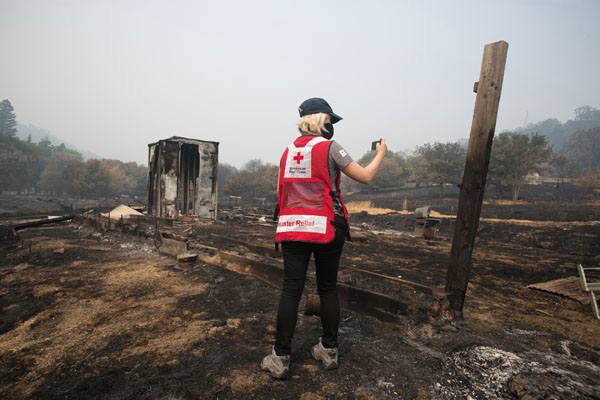 By Goldi Egger, Red Cross volunteer
By Goldi Egger, Red Cross volunteer
Isabelle Du, the former Miss Vietnam USA, made heads turn when she walked into the blood drive to donate plasma. Others may have recognized her onscreen performances in CBS’s “Amazing Race” or “American Beauty Star.”
In addition to her many talents, Isabelle is also a Red Cross volunteer. She is a kind, intelligent human, and she has a powerful message for us.
“I will continue to donate until I have no more antibodies,” Isabelle said.
Isabelle has donated convalescent plasma twice so far and intends to continue donating for as long as she can.
Her journey started when she caught COVID-19 after working on different film sets, despite quarantining for 10 days before each shoot and implementing as many safety measures as possible.
“I tested negative three times (before arriving onset). I sanitized constantly. I did everything I could to be safe. The only thing I was ‘risking’, I thought, was going to work,” Isabelle said.
Then one day she arrived on set, and her rapid test came back positive.
After returning home, she and her husband quarantined separately for 18 days until she fully recovered. Little did she know, avoiding her loved ones and staying inside for more than two weeks was not going to be the most difficult part of her experience.
It’s not, ‘Are you OK?’; It’s, ‘Where did you get it from?’
One of the less–discussed side effects of the pandemic is the shame felt by many who get it. For many individuals, the experience can impact their mental, as well as physical health.
It comes from the way people broach the topic with someone who has been sick. “It’s not, ‘Are you OK?’; it’s, ‘Where did you get it from?’ ” Isabelle said.
Whether people consciously frame the question this way or not, the blame it places on people who had the virus is real.
“I had to deal with that shame [of having caught COVID-19]. People were wondering how I got it because I was so careful.
“Before getting it, I believed that I had not contracted the virus because I was doing everything right,” she said.
Isabelle’s biggest insight she hopes readers take away is that much like with other illnesses including HIV/AIDS, mental illness and now COVID-19, there are stigmas associated with being ill. As if contracting the disease were that person’s fault.
“I think it’s about being mindful of the rhetoric that we’re using,” she said.
“My body gave it everything it could.”
She spoke with me about her experience while simultaneously donating plasma — no small feat.
“I got so cold because of the saline that they give you,” she said. “They had told me to bring blankets with me and thank goodness I did. I felt faint at the end of my donation and a nurse told me that means that my body gave everything it could.”
Despite the chilly experience and CDC guidelines changing about donating convalescent plasma. Isabelle said she highly encourages anyone who has recovered from COVID-19 to consider donating blood if it is feasible for them. Blood is then analyzed for antibodies if detected.
We can all relate to Isabelle’s experience of navigating life during the COVID-19 pandemic. Nothing about this past year was easy and I hope readers find some catharsis in reading about her story.
We want to thank her for her candor and her compassion towards others in making a lifesaving donation.





